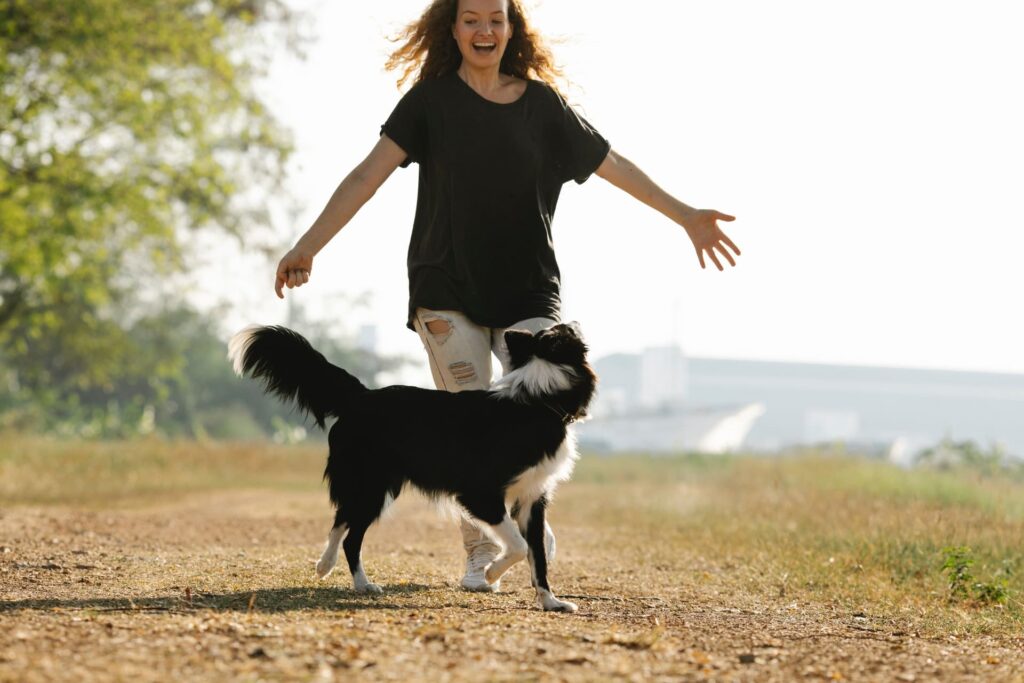Pain relief, eased anxiety, and sleep improvement—these are just some of the potential merits of CBD use. But with so much talk of benefits, there’s one crucial question left unanswered: how does CBD make you feel? While some may look to other drugs such as marijuana and alcohol as offering similar sensations, there’s little truth behind these claims.
Let’s bust a few common myths about what CBD does to the body and how it will make you feel, so you can start your journey informed and confident.
What is CBD?
Before getting started, it’s important to know what CBD is. CBD, or cannabidiol, is one of two major chemicals found in cannabis. Cannabis plants with a much higher concentration of CBD to THC are called hemp and are generally not considered intoxicating. CBD oils, tinctures, gels, and creams are made from hemp with no more than 0.3% THC and are known to promote healthy brain activity, cell regeneration, healthy digestion, and more.
CBD vs. THC
THC is the cannabinoid that creates the sensation of being “high,” whereas CBD is thought to offer pain relief and feelings of relaxation. CBD and THC work bilaterally. At times, CBD can lessen the intoxicating effects of THC, and at other times, THC can amplify the benefits of CBD.
What does CBD feel like?
Now that we know what CBD is, it’s time to tackle the question on everyone’s mind: how does CBD oil make you feel?
There’s no easy answer. CBD’s effects can differ depending on anything from the time of day to what your brain and body need. For example, you might experience calming CBD effects before bed and energizing impacts during the day. This is thanks to its likeness to adaptogens, which help stabilize physiological processes and adapt to psychological change.
Despite the adaptive effects of CBD, you won’t feel any kind of intoxication or impairment like you would with THC. CBD also differs from THC through the extension of effects. CBD slows the breakdown of endocannabinoids, allowing them to stay in the body longer.
Here’s a closer look at how you might feel after using a CBD product:
CBD for relaxation
One of the most cited effects of CBD is a sense of calm or relaxation. This is because the endocannabinoid system plays a part in regulating mood. Research has also suggested that CBD may have anti-anxiety effects in some users.
CBD for energy
Depending on the time of day and a range of other contextual factors, CBD could potentially have a wakeful effect. A sense of calm initiated by CBD may also contribute to feelings of sharpness.
CBD for focus
Alongside alertness, some people may find it easier to focus after taking CBD. By stimulating the endocannabinoid system, brain function and concentration may be improved.
CBD for balance
Given the role of the endocannabinoid system is to maintain homeostasis, it’s no surprise that some users report a sense of balance or equilibrium.
Some of the above claims are anecdotal and based on the experiences of CBD users. The FDA has not evaluated these claims, and we don’t claim that CBD can cure, prevent, or treat mental or physical illness.
What does CBD do?
When CBD enters the body, it interacts with the endocannabinoid system, which regulates the sense of homeostasis and wellness. But what exactly does CBD oil do to you? It stimulates the endocannabinoid system to enhance the effectiveness of the receptors’ cellular response. In layperson’s terms, CBD inhibits cannabinoids from being broken down so you feel better for longer.
CBD also has a U-shaped response curve, which means that correct dosage is integral to CBD effectiveness. Research shows that for CBD to do its job, you’ll need to find the right measure for you. Essentially, too little or too much CBD in the system could decrease effectiveness. Check out our dosage guide for more on how to get the most from your CBD.
Does CBD oil get you high?
The short answer is no, but there’s more to it than that. You shouldn’t be able to feel THC-like CBD effects when ingesting or applying legal CBD products with 0.3% THC or less.
That’s because CBD is considered non-intoxicating, so while some report physiological, antioxidative, and anti-inflammatory effects, it’s not comparable to the sensations of marijuana high. THC is the only cannabinoid that is proven to cause intoxication and impair motor function.
Together, however, these compounds can perform differently. While THC binds to the CB1 receptors in the brain to produce the euphoria marijuana users are familiar with, CBD bonds are anywhere from weak to nonexistent. CBD instead takes another pathway in the endocannabinoid system, altering these receptors. This may impact how the CB1 and CB2 receptors bind to other cannabinoids, such as THC.
In words that are easier to understand, not only are CBD oil effects non-intoxicating, the cannabinoid may block the uptake of THC, potentially lessening some THC effects.
How long does it take for CBD to take effect?
The onset of CBD effects will depend on three main factors: bioavailability, the individual, and the product type.
1. Bioavailability
Bioavailability refers to the extent to which a drug or supplement is made functional by the body. Most fat-soluble CBD products need at least 30-minutes to process through the body. This is because our body has a natural gatekeeper that blocks fats from getting into the blood and lymphatic system.
Opting for a product that has a stronger bioavailability means the CBD enters your system faster by bypassing this fat absorption process. Products such as Ojai Energetics’ water-soluble Full Spectrum Hemp Elixir are developed to help you feel more substantial effects almost immediately.
2. Individual circumstances
Another factor that impacts the onset of CBD is your personal situation. Anything from the frequency of use to underlying health conditions can determine how readily and quickly CBD takes effect.
3. The product type
The third piece of the puzzle is the type of product and how you choose to ingest it. Oils and tinctures administered sublingually may have a shorter onset time than a CBD topical as the product enters the bloodstream sooner.
Does CBD work?
CBD’s effectiveness depends on many factors, but most important are how it’s made and its intended use.
Ingesting our colloid water-soluble CBD oil is the only way to receive an effective dose affordably. With fat-soluble products for consumption, a dosage of more than 500mg would be required to feel the same effects. This is because the water layer in your mucous membranes stops fat-soluble compounds from directly entering your bloodstream. Instead, it makes its way through the digestive and filtration systems, losing 90% of the cannabinoids in the process.
Our water-soluble technology ensures the process above is bypassed, and the CBD can enter your bloodstream almost immediately when taken orally. With a fat-soluble product, this would take 30-40 minutes. It’s worth noting that fat-soluble CBD does work in some applications, such as topically.
Find out if CBD works first-hand with Ojai Energetics’ fast-acting Full Spectrum Hemp Elixir. You’ll have your answer in as few as 30-seconds.















